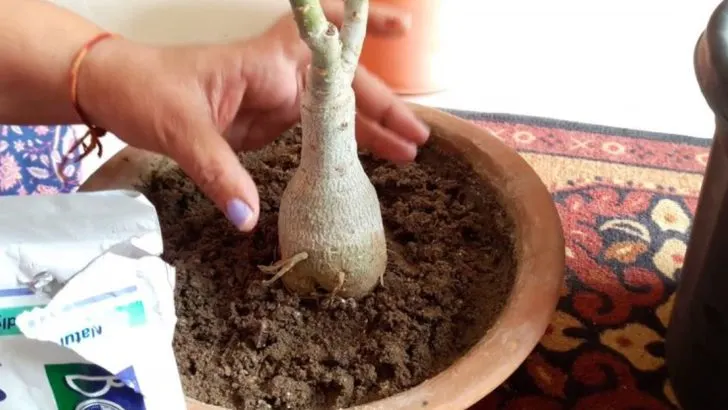Fungi often get a bad rap, but many species are actually gardeners’ best friends. These beneficial fungi play crucial roles in improving soil health, boosting plant growth, and protecting gardens from harmful pests and diseases.
Learning to identify these helpful fungi can transform your approach to gardening. From mycorrhizal networks that connect roots and enhance nutrient uptake, to decomposers that recycle organic matter, beneficial fungi create a thriving underground ecosystem.
In this article, you’ll discover how to spot these natural allies and practical ways to encourage their presence—helping your garden flourish with less effort and more natural balance.
Mycorrhizal Fungi
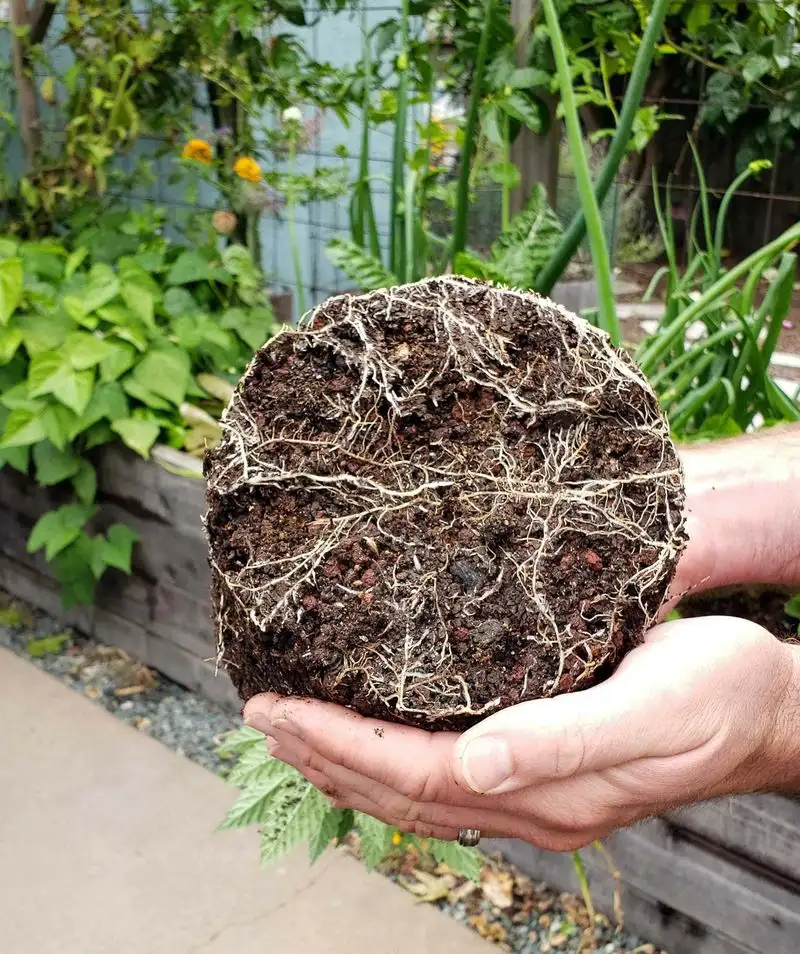
Often dubbed nature’s underground network, mycorrhizal fungi weave through the soil, connecting plant roots. These fungi enhance nutrient uptake, especially phosphorus, boosting plant vitality. Picture a bustling subway system beneath your feet, tirelessly working to ensure every plant gets its share of nutrients. Mycorrhizae can increase drought resistance and decrease plant stress, making them invaluable during dry spells. It’s not just about nutrients; these fungi also improve soil structure. Imagine your garden with healthier plants, thanks to these microscopic allies enhancing root establishment and health. Embrace mycorrhizal fungi for vigorous, resilient plant life.
Trichoderma
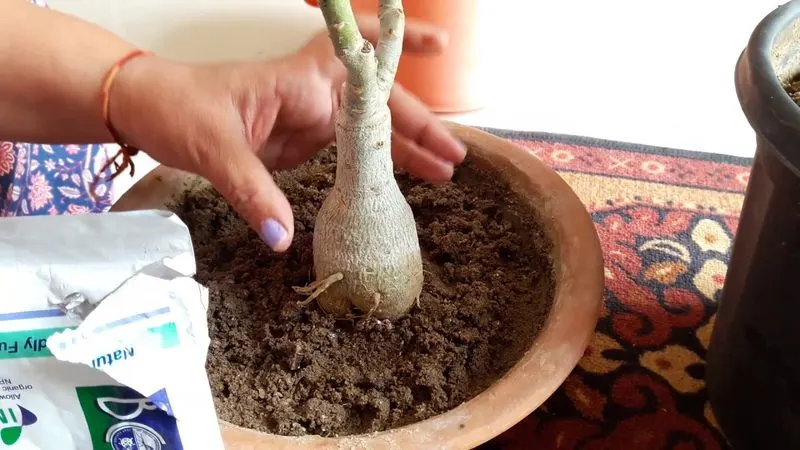
Meet Trichoderma, the garden’s bodyguard against plant diseases. This fungus thrives in the soil, protecting plants from harmful pathogens like a vigilant sentry. Acting as both a deterrent and a defense mechanism, it colonizes root surfaces, outcompeting and suppressing harmful fungi. Beyond protection, Trichoderma can promote growth by enhancing nutrient availability. Its presence is a testament to a garden’s natural resilience. With Trichoderma patrolling your soil, plants can focus on flourishing without the constant threat of disease. This green soldier is essential for both novice and seasoned gardeners seeking a robust and healthy garden.
Penicillium
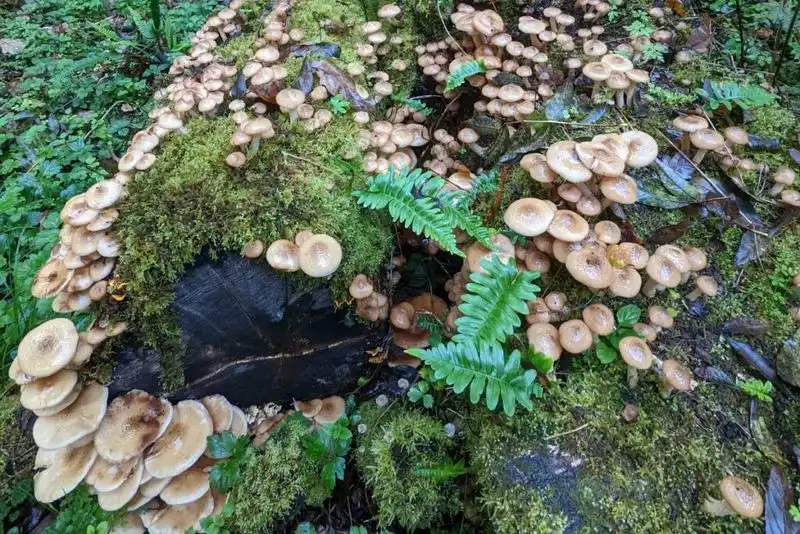
Think of Penicillium as nature’s recycling team, diligently breaking down organic matter. This fungus is famed beyond the garden, known for penicillin, but its role in soil health is profound. By decomposing dead plant material, Penicillium enriches the soil with vital nutrients, fostering a fertile ground for new life to thrive. Imagine a garden where nothing goes to waste, thanks to these efficient decomposers. Though microscopic, their impact is immense, ensuring sustainability and nutrient-rich soil. Penicillium’s quiet work beneath the surface leads to healthier plants above. Harnessing its power can transform garden waste into treasure.
Beauveria Bassiana
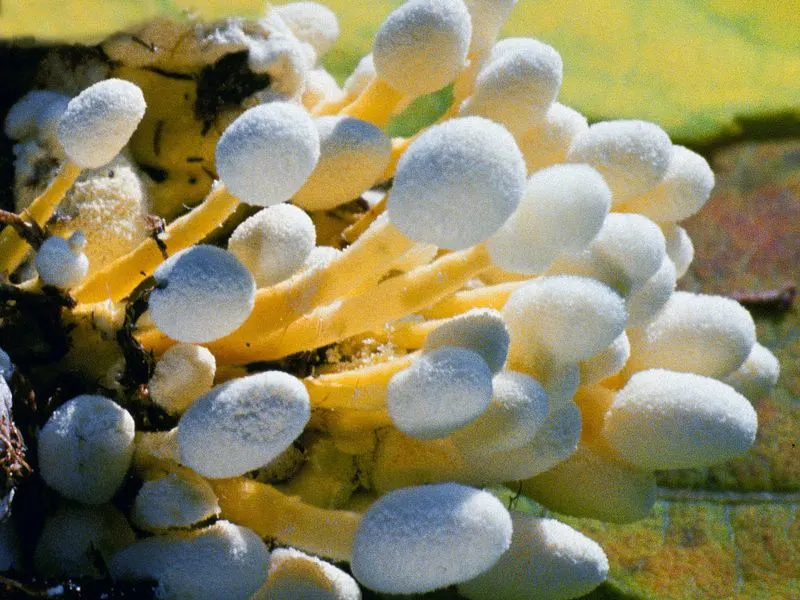
Beauveria Bassiana is the secret weapon against garden pests, a fungus that turns the tables on insects. Acting as a natural insecticide, it infects and kills pests like aphids, whiteflies, and caterpillars. Unlike chemical pesticides, it poses no harm to plants, humans, or beneficial insects. Imagine a garden where pest control is as simple as letting nature take its course. This fungus provides a sustainable way to manage pest populations, reducing the need for harmful chemicals. By incorporating Beauveria Bassiana, gardeners can enjoy a healthier ecosystem with thriving plants and fewer pests burdening their growth.
Glomus
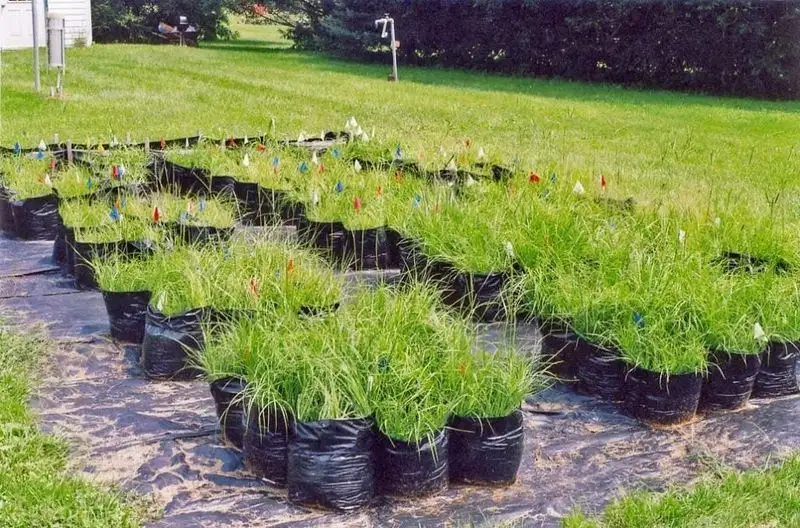
Glomus forms a vital symbiosis with plant roots, enhancing nutrient absorption, especially phosphorus. This fungus is like a personal trainer for your plants, maximizing their growth potential. It supports root systems, ensuring robust and healthy plant development. Picture a garden where plants not only grow but thrive, thanks to the aid of this unseen partner. By improving soil structure and plant resilience, Glomus helps create a garden that’s both beautiful and productive. This mutualistic relationship is foundational for sustainable gardening, allowing plants to access nutrients they might otherwise miss out on.
Lentinula Edodes (Shiitake Mushroom)
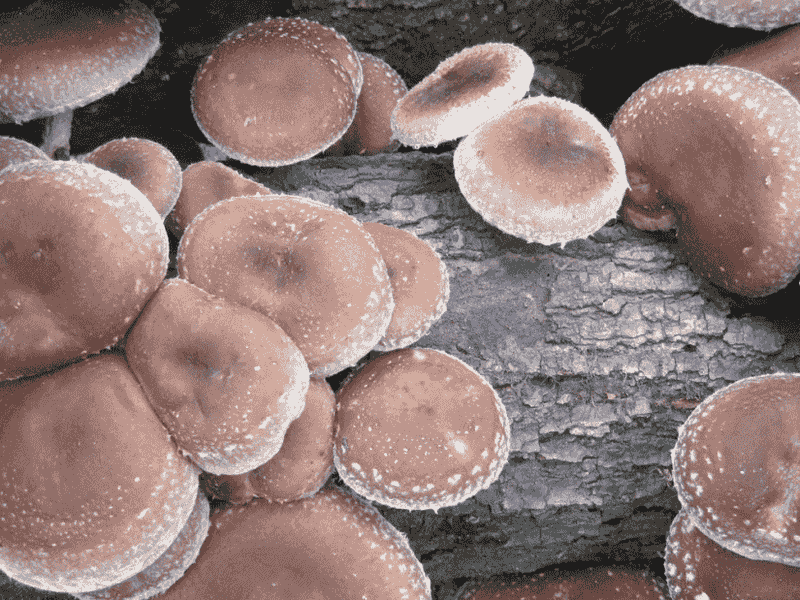
Shiitake mushrooms, or Lentinula Edodes, offer more than culinary delight. In the garden, they contribute to the decomposition of wood and organic matter. Picture these mushrooms thriving on a log, slowly breaking it down to enrich the soil. Their presence not only adds to biodiversity but also supports a healthy ecosystem. Shiitake mushrooms are a reminder of nature’s cycle of life, offering both sustenance and soil enrichment. Incorporating these fungi into your garden can enhance soil fertility over time, providing a sustainable method to improve garden health and produce delectable mushrooms for your table.
Amanita Muscaria
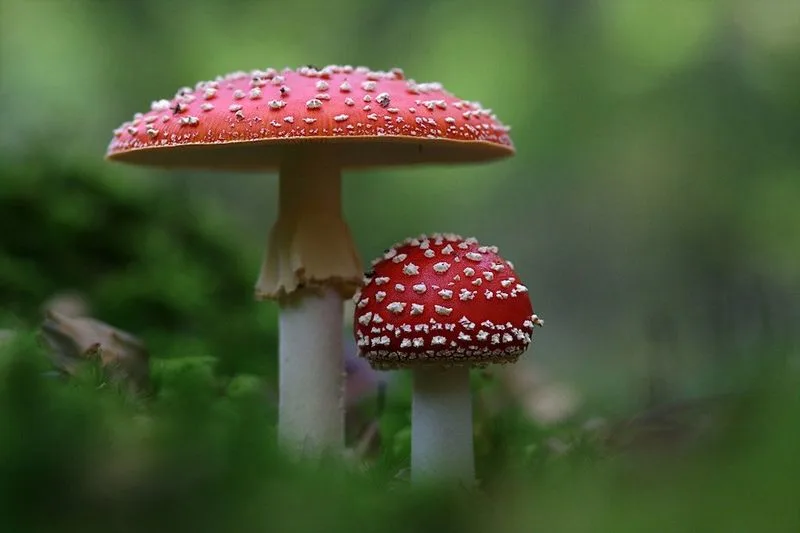
Amanita Muscaria, with its striking red cap dotted with white spots, is a captivating sight in any garden. Known for its symbiotic relationship with trees, this fungus enhances nutrient uptake, benefiting both plant and soil health. While not edible, its role in the garden ecosystem is invaluable. Imagine a garden where beauty and function coexist, with Amanita Muscaria as the star. This fungus not only adds visual charm but also supports tree growth by facilitating nutrient exchange. It’s a testament to the intricate relationships that sustain healthy gardens, making it a unique addition to any plant collection.

